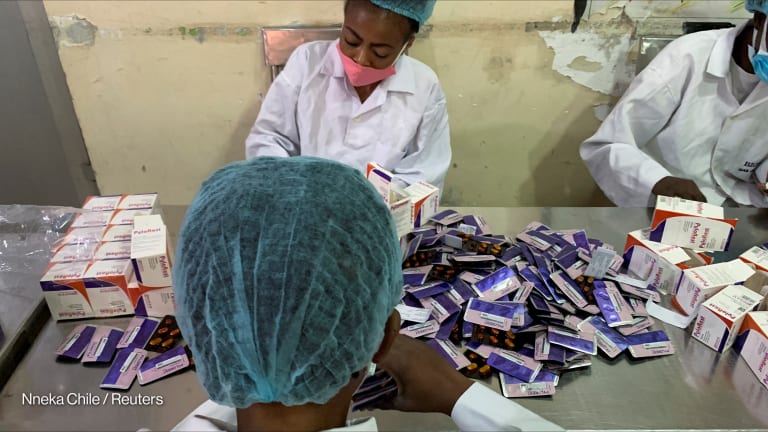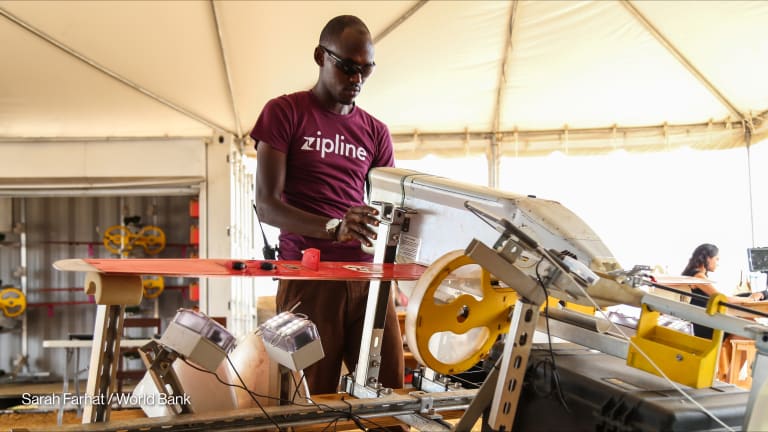Global health has long been at the heart of U.S. soft power. More than 26 million lives have been saved over the past two decades through the President’s Emergency Plan for AIDS Relief, or PEPFAR, demonstrating the generosity of Americans taxpayers, but also an important investment in our economic and national security. It’s only natural, then, that the dismantling of institutions such as the U.S. Agency for International Development, alongside assistance cuts in Europe and elsewhere, have created uncertainty in many parts of the developing world.
However, the Trump administration’s emerging global health strategy, with its emphasis on innovation and private sector collaboration, offers both reasons for hope and important new opportunities the development community can’t afford to let slip away.
The instinct in Washington has long been to change things gradually — to commission studies, redraw boxes on organizational charts, and rename programs. But that bureaucracy-centric approach will do little to help us respond to urgent needs in many parts of the world, nor will it meet the current administration’s demand for a new model in foreign assistance that puts American leadership and private enterprise front and center.








